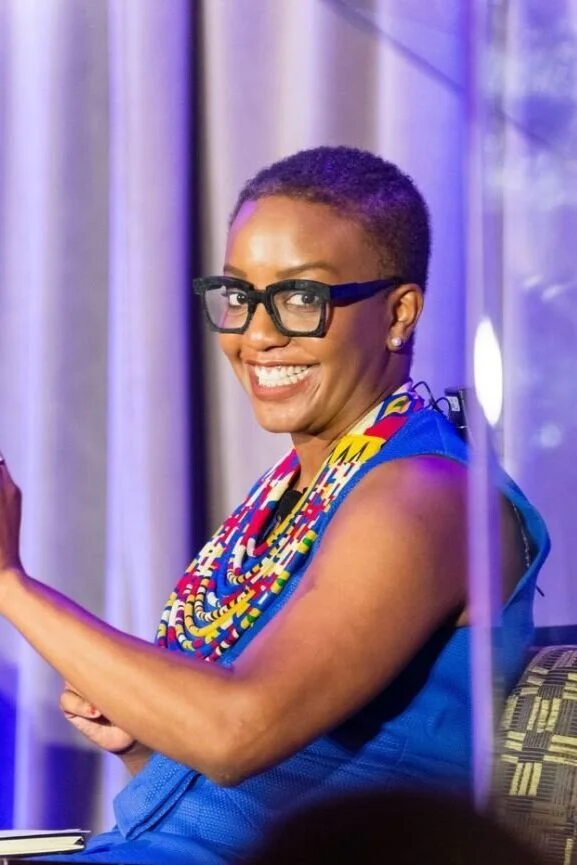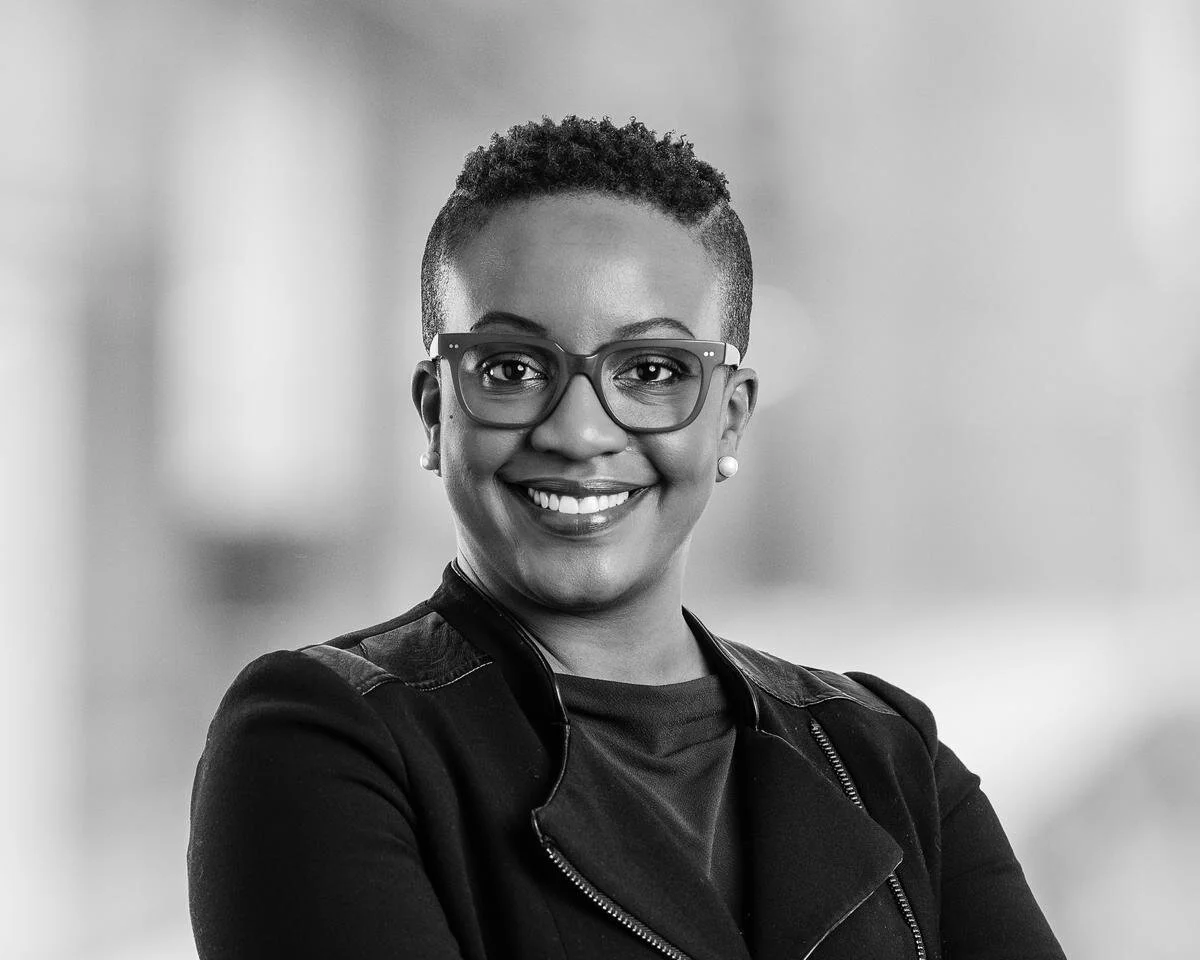About Melanie.
Melanie R. Brown is a speaker, writer, strategist and advisor on race, gender, inequality, global philanthropy, and social investment.
Her research on activism and social change among youth and women has been featured in scholarly and trade publications such as the Journal for Applied Developmental Psychology and Alliance Magazine. Melanie has developed multimillion dollar strategies to accelerate Black and Latinx student achievement, disarm deficit narratives of Black men across social and traditional media, advance Black women’s reproductive rights, and bolster engagement and organizing on a variety of issues across rural and queer communities. Melanie has been invited to speak and advise on these issues throughout the United States, as well as in the United Kingdom, South Africa, and Cuba.
In 2017, Melanie was awarded the prestigious, lifelong Atlantic Fellowship in Social and Economic Equity at the International Inequalities Institute at the London School of Economics and Political Science. Melanie has focused her fellowship experience studying Black women’s intersectional leadership across the global philanthropic sector. She is also a 2020 BMe Community Vanguard Fellow, an adjunct professor at American University and is Chair of the Board of Directors for the Women’s Funding Network, the largest philanthropic alliance in the world dedicated to advancing gender equality and justice.
Melanie earned a bachelor’s degree from American University. She graduated with a masters of education from Harvard University and a masters of public policy and management from Carnegie Mellon University. She is a native of Pittsburgh, PA and resides in Washington, D.C.


